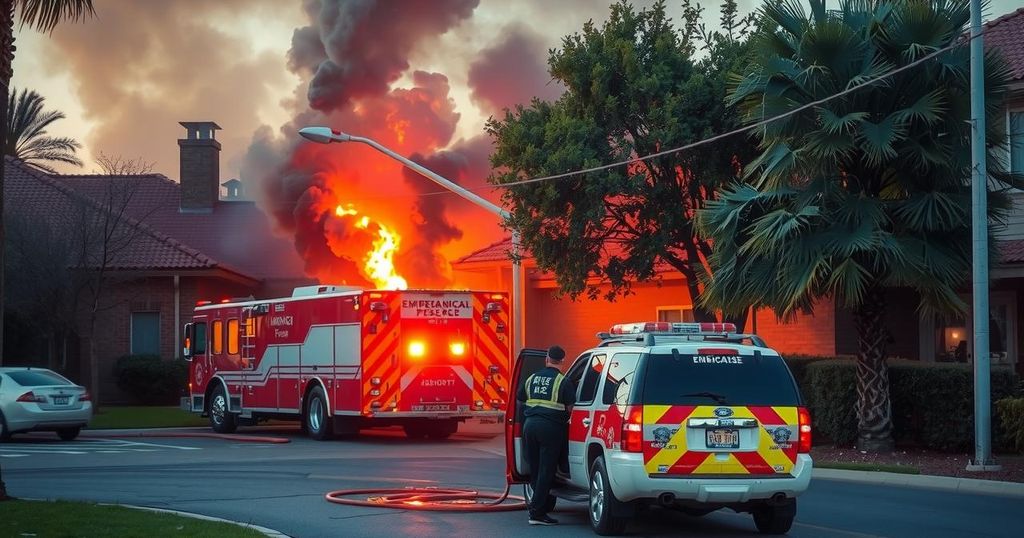The HTS has uncovered significant amounts of captagon in Syria, revealing the extensive drug trade linked to the regime of Bashar Assad, particularly through his brother, Maher Assad. With warehouses containing thousands of pills concealed within electrical components, this drug trade has become a major component of Syria’s economy. HTS emphasizes the importance of destroying these illicit drugs to protect public health and the region.
In recent developments following the collapse of Bashar Assad’s regime in Syria, the expansive trade of the illicit drug captagon has gained attention. Fighters from the Islamist group Hayat Tahrir Al-Sham (HTS) have seized significant caches of this drug, revealing its production and smuggling operations linked to Assad’s brother, Maher Assad. In a notable find at a warehouse in Damascus, captagon pills were discovered concealed within electrical components intended for export. This operation underscores the extensive drug trade that has flourished amidst the Syrian civil war, positioning Syria as a key player in the global narcotics market.
The HTS fighters reportedly uncovered thousands of captagon pills packaged within newly manufactured household devices, aiming to disguise their illicit nature. Abu Malek Al-Shami, an HTS fighter, indicated that this site served as a manufacturing facility for Maher Assad and his associates, highlighting how deeply entrenched the drug trade is within the remnants of Assad’s government. The British government has sanctioned key figures, including Amer Khiti, for their involvement in drug production and trafficking, clearly illustrating the international ramifications of Syria’s narcotics dealings.
As the HTS continues to dismantle drug operations, they have also found substantial quantities of captagon at various military sites previously controlled by Assad’s forces. Recent investigations indicated that captagon production has transformed Syria into a leading narcotics state, eclipsing its legal exports tremendously. The HTS has reportedly prioritized destroying these drug caches, emphasizing their commitment to protecting public health and undermining the drug trade’s harmful effects in the region.
The ongoing Syrian civil war, which has lasted over a decade, has resulted in considerable instability and a flourishing black market, particularly in drugs such as captagon, an amphetamine-like stimulant. Under Bashar Assad’s regime, the drug trade became a significant source of revenue, aiding the government financially during the war years. The HTS, gaining ground against Assad’s forces, is now working to dismantle this lucrative drug trade as part of their broader transformative efforts in post-Assad Syria. The extensive involvement of high-profile individuals in the drug trade poses challenges not only to Syria but also to regional stability, as captagon’s presence impacts neighboring countries significantly.
The recent seizure of captagon by HTS actors highlights the intricate networks that have facilitated drug production and trafficking in Syria. With military sites revealing vast stashes of this illicit drug, it becomes clear that the ramifications of the narcotics trade extend beyond Syria’s borders. HTS’s efforts to eradicate these drug caches signal a shift in governance and a potential commitment to pursuing greater regional stability free from the devastating impacts of narcotics. As the transitional government assumes control, managing the aftermath of Assad’s regime and addressing these narcotics challenges will be paramount.
Original Source: www.arabnews.com






